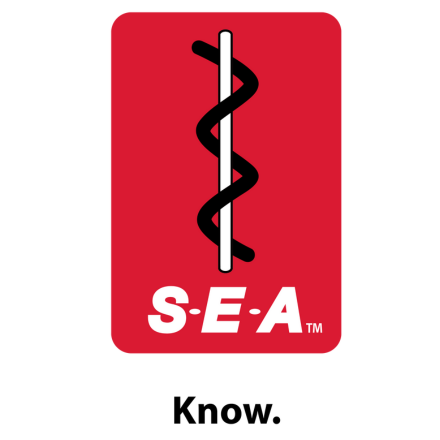Rule 11 – An Underutilized Tool – One Defense Attorney’s ThoughtsAugust 2023 • Source: Elizabeth R. Sharrock, Partner, Rhodes Hieronymus Jones Tucker & Gable, PLLC, with assistance of Scott Love, Intern What to do? What to do? We’ve all heard that the defense bar tends to lag in its response to the latest-and-greatest strategies employed by plaintiffs’ counsel to bludgeon defendants and their insurers into settling claims that are winnable and enhancing jury verdicts beyond something resembling justice. Think Reptile. Think unanchored verdicts (i.e. waiving medical specials results in higher verdicts). What if, in unison and across the country, we were to seek Rule 11 (or applicable state statute) sanctions more often, and even preemptively at the outset of litigation? What if, in unison and across the country, we conduct discovery in a sort of “Defense-Reptile” fashion – calculated to draw out potentially sanctionable conduct of the opposition. Of course, we would do so consistent with our ethical obligations and only when the facts of a case so warrant. Ponder it. If we pick and choose our battles wisely, over time we could build a pretty impressive databank of motions/briefs with supporting precedent to share amongst ourselves. Over time, judges may become less hesitant to issue sanctions. We just might get plaintiffs’ counsel to more carefully scrutinize the cases they decide to file, and certainly to consider voluntary dismissals and enter into smaller settlements. This all came to a head for me as I defend a client in a tragic double fatality case. There’s more to the story, but I will remain brief in my description. Simply, a federal agency charged with investigating deaths of this nature, found that another party committed “willful” violations directly resulting in the loss of life. Yet, no voluntary dismissal of my client has been forthcoming. Did I provide opposing counsel with a safe harbor warning? Yes, it was a very detailed roadmap. Did I file my motion after they failed to cure? Yes. Do I know the outcome yet? No. But, do I have a pretty good idea as to whether my client will soon prevail, or if the trial court is not quite ready to pull the trigger, will later prevail on a re-urged request for sanctions? Yes. Worst case scenario, even if the trial court hesitates to issue sanctions, have I educated the court? Yes. Do I have a really solid start on a summary judgment motion? Absolutely. If the facts of the case warrant, the time and expense involved in seeking sanctions is justified. The act of drafting a detailed warning letter to opposing counsel, and then if necessary a Rule 11 motion, serves to compel deep thought, promotes focus on applicable defenses and potentially necessary discovery, and it causes one to pen the timeline of events and material facts that otherwise must be reported to the client, albeit in a different format. Time spent is not wasted. Some clients may be hesitant to pay us to draft “warning shot” letters and Rule 11 motions. Suggest to them that the exercise serves multiple purposes and actually can function as a cost saving measure. Surely, if we provide sound reasoning for our request and we obtain approval from our clients, we can pursue this avenue of relief on a more frequent basis. We can then share our victories in a momentum-gaining endeavor to combat the Reptile and its progeny. Food for much thought. A listing of cases wherein sanctions are discussed is available here. Who wants to join me in growing this list? |












